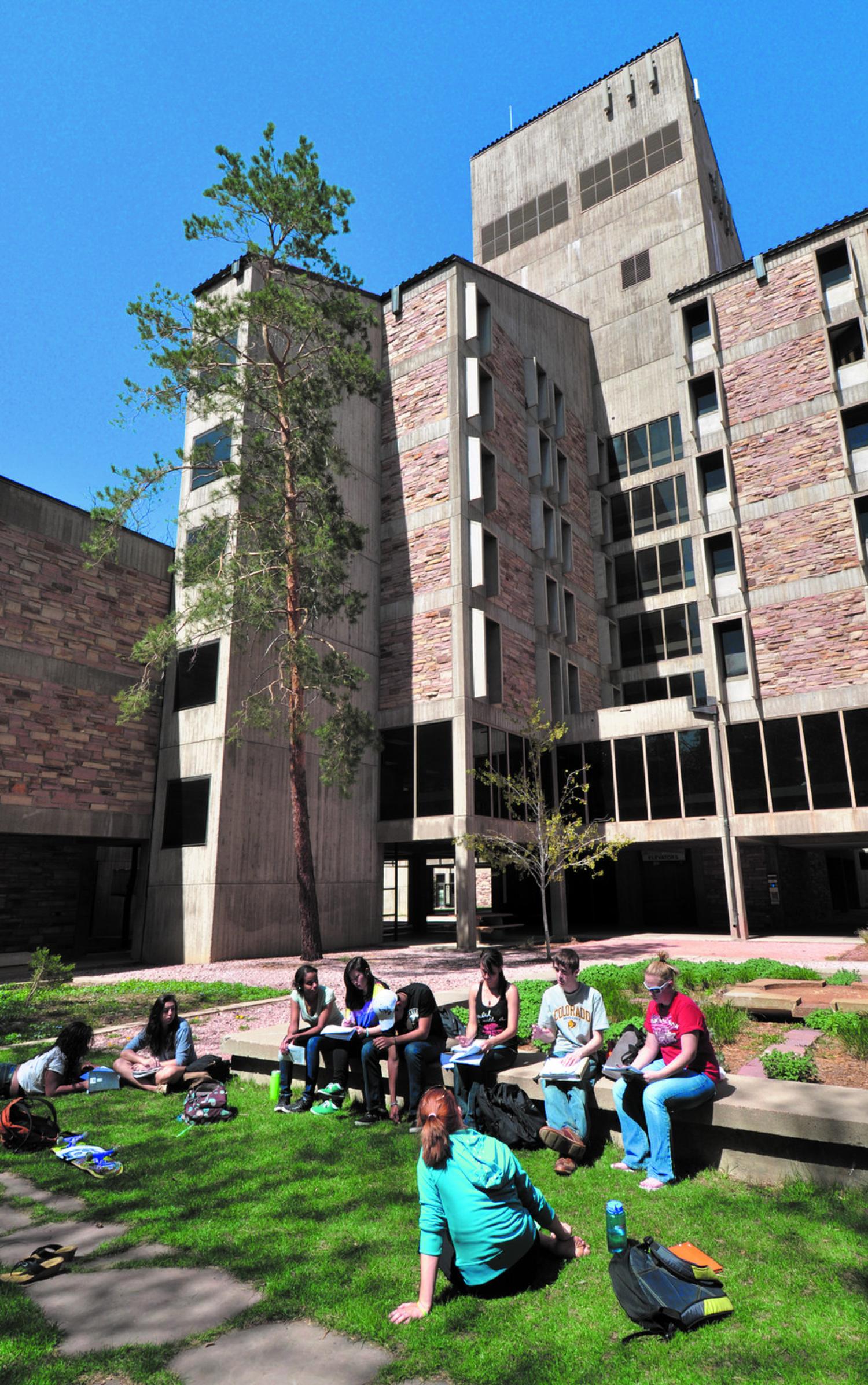Push To Reach Your Goals In Summer

Mackenzie Colwell’s journey to CU Boulder was circuitous. The senior Computer Science major started her undergraduate career at Rensselaer Polytechnic Institute (RPI) in New York. She tested several majors, including Materials Engineering, Electronic Media, and Arts and Communication with focus in Graphic Design, but nothing stuck. “I didn’t know what I wanted to do with my life, but my sister went to RPI, so I went there. It was the wrong choice.”
Mackenzie’s grades steadily worsened until she decided to leave school and get a job. She didn’t think she wanted to go back to college, but three years after leaving RPI, Mackenzie had the opportunity to move to Colorado. Worried she didn’t have competitive qualifications for the local job market, Mackenzie researched potential careers in computer programming. The prospects looked good, so she decided to apply to CU Boulder to pursue a degree in Computer Science.
Mackenzie was conditionally admitted to the university pending good performance in two summer 2015 classes. She took First Year Writing and Rhetoric in Session A and Philosophy and Society in Session B, and finished the summer meeting her goal: she was admitted to CU Boulder as a transfer undergraduate.
Her first goal attained, Mackenzie started working toward her second goal: to complete her degree in two years. This objective meant she had to take more summer classes in 2016, all of which were scheduled in Session B. She took Shakespeare for Non-majors, Principles of Genetics, and Human-Centered Computing/User-Centered Design.
“Even though summer sessions are shorter, they feel like normal classes—you just meet every day. There is less time to do the assignments, but often you’re only taking one class per term so you can stay on top of the work and keep track of your assignments.”
Mackenzie excelled in her 2016 summer courses and is now working hard during her last year on campus. She’s taking 20 credit hours per semester for the fall and spring, but she’s on track to graduate in May 2017, just as planned.
“Your professor determines how good the class is going to be, so look for courses with professors you’ve enjoyed in the past. If you’re worried about a class, try to talk to the professor before you register and ask him or her if you can handle the class with your current level of preparation. Sometimes with regular fall and spring semester classes, you can be unprepared but catch up. In summer, there’s not enough time. Do what you can to prepare yourself for the best result.”

